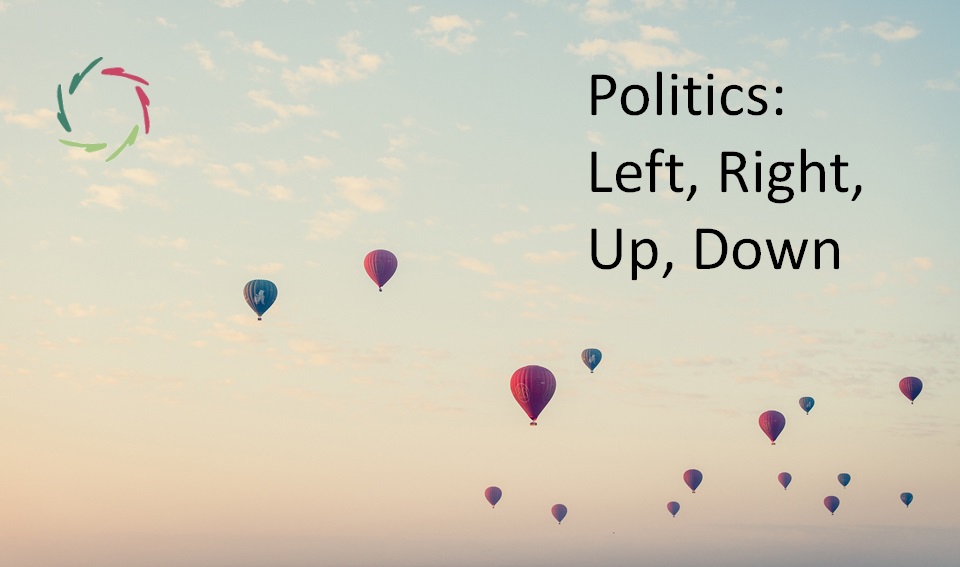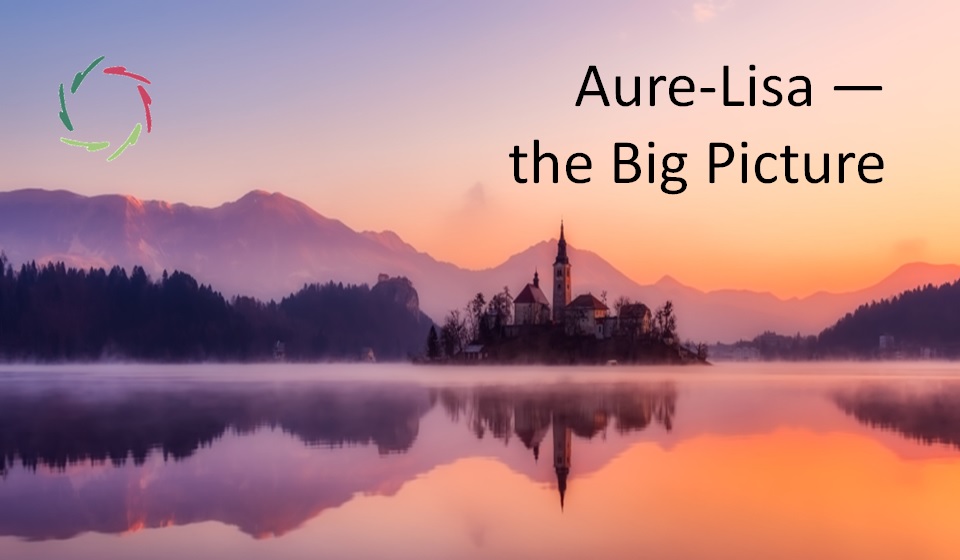Beyond Grand Narratives

Since immemorable times, people have been going from one grand narrative towards another. Now we are losing them entirely, opening the path towards ‘beyond.’
(Level of difficulty of this text: 3.5/5)
A grand narrative is a bunch of stories that fit into a grand scheme.
It brings an ideal, a shared purpose ― a comfortable certainty for many people that it all makes sense.
Without a grand narrative, we are a set of individuals on a lonely planet, individually running towards the end of life, after which nothing meaningful happens. In two words: We die.
Not only that. Without a grand narrative, we might arguably be dead already in a symbolic sense. We want a meaningful future, but if there is none, to what avail would we bother about the present?
It is thus said that people need grand narratives to live by.
Religions may provide such narratives. Ideologies too (many isms), as what some call pseudo-religions. The reverse might also be said.
In a broad sense, any vision upon ‘a better future’ may form a grand narrative. Science provides this to the present world, with an implicit assumption about what a better future through science might be. Is it just a more rational one? An increasing number of people wouldn’t agree.
In any case, many indeed seem to flock towards grand narratives. Meanwhile, rationality has been breaking the prevailing narratives down in the West for a few centuries.
“God is dead,” according to Nietzsche a while before 1900. Can this also be the case for all other grand narratives since then?
It is thus said that we are reaching the end of grand narratives altogether.
This not only entails the end of existing ones but even the end of any, including any possible new ones that might ever pop up.
Would you agree?
To me, this assertion speaks of a huge trust in conceptual thinking to encompass any proper understanding of the universe ― true by definition if understanding itself is seen as conceptual.
All conceptual grand narratives may be dead. Time for something new?
The grand narrative of the non-narrative
Losing grand narratives, people may lose a path towards meaningfulness provided by them.
However, if we go beyond the conceptual for any proper understanding, the picture may change dramatically. It ‘may change’ – thus not for sure – because it becomes an individual responsibility.
Further onto the path of the non-narrative
Not the grand narrative itself is its own end goal, although many grand narrators go to the limit trying to convince people of such in the exclusivity of all other narratives.
The end goal, the one that people search in this, if need be through one unsatisfying narrative after the other, is meaningfulness ― at an individual and social level.
Without narrative, logically, one can only find meaningfulness in the non-narrative. This is in finding oneself – in the sense of total person – as meaning-provider. This may be the biggest challenge possible, and for which much support is needed.
You may critically ask the following question now:
“But is this not the grandest of all grand narratives?“
You are right. Congratulations!
Now, welcome to the real challenge. The path towards the non-narrative goes towards the deepest individual presence, as well as towards a borderless reality. This way, it is not a narrative about a part of the universe. It is not even a narrative about the universe. This narrative is the universe. Therefore, you cannot miss it.
But before you shoot (me), note that what is meant here can also be said simply as: This ‘narrative’ is any tiny part of the universe. It is the part that is present right before your nose here and now.
It is daily life: eating, drinking, sleeping, reading, and whatever
in the miracle of being present.
It takes a meditative lifestyle to appreciate this.


